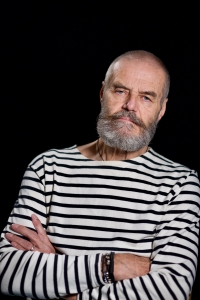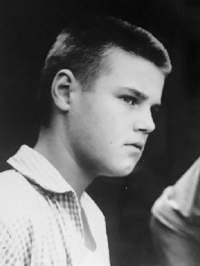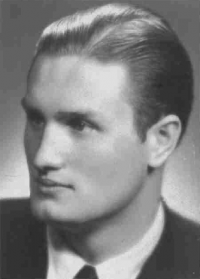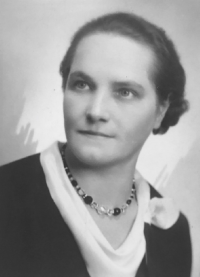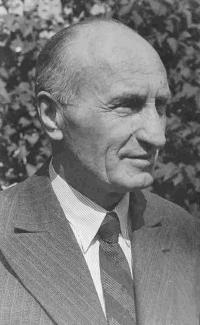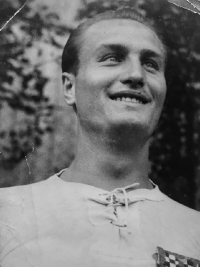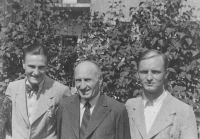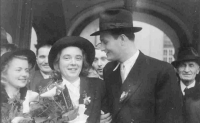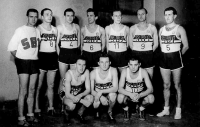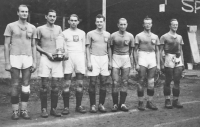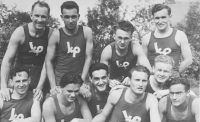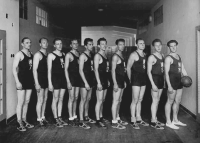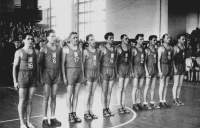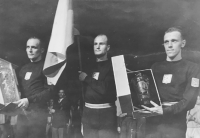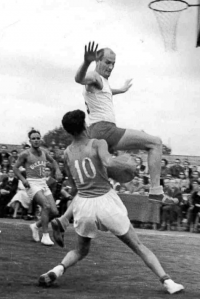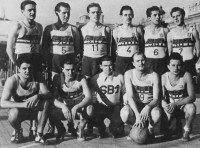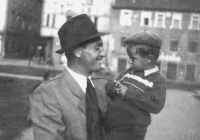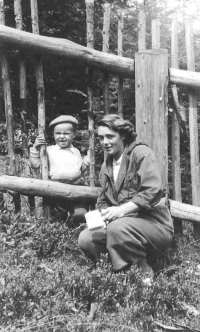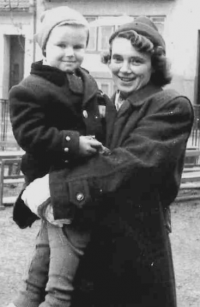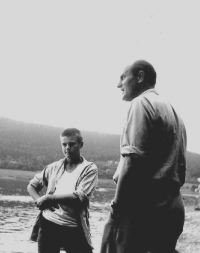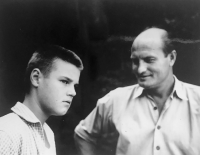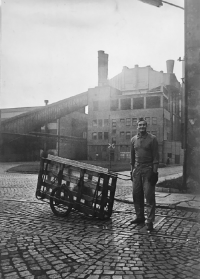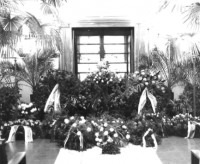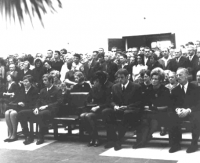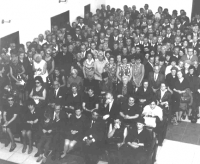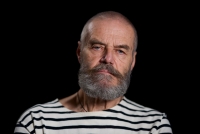They kept telling me that my father was playing basketball in Hungary, but in fact he was in the Leopoldov prison

Stáhnout obrázek
Jiří Fráňa was born on June 22nd 1947 in Brno. In the same year, his father, Milan Fráňa, won the silver medal at the European basketball championship as a member of the Czechoslovak team. As a successful athlete and a Sokol organization member, his father was disliked by the new Communist government and in 1949 he was arrested by the State Security. He was sentenced in a political trial and imprisoned in Leopoldov until 1960. It was not until he was eight years old that Jiří discovered that his father was in prison. A single visit in prison had an immense impact on his whole life. He decided that he would never have anything to do with the Communist party. Jiří studied at a school of metallurgy but due to his opinions he was forced to leave the institute. He trained as a steel industry worker and to avoid being drafted he sign up as a coal miner. After he was released from prison, his father had been living in Brno and he started to train again. He was allowed to do blue-collar jobs only so he had been working as a glazier. He died in a tragic accident when he fell through a roof of a factory building on June 17th 1970. Jiří had been working in the mines till 1997 when he retired with a miner‘s pension. In his spare time he has been visiting schools, sharing his experience of the totalitarian regime with the youngest generation.
